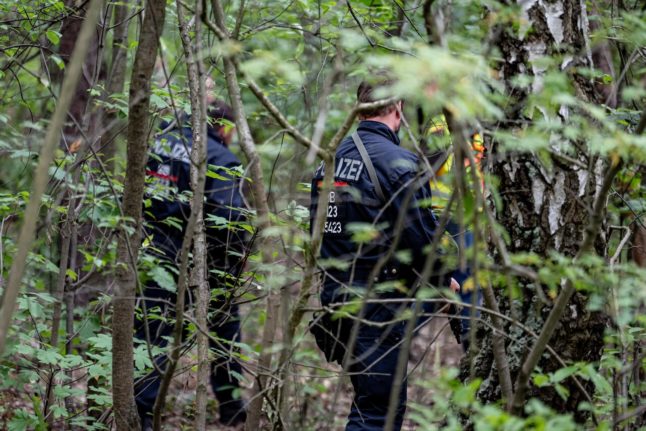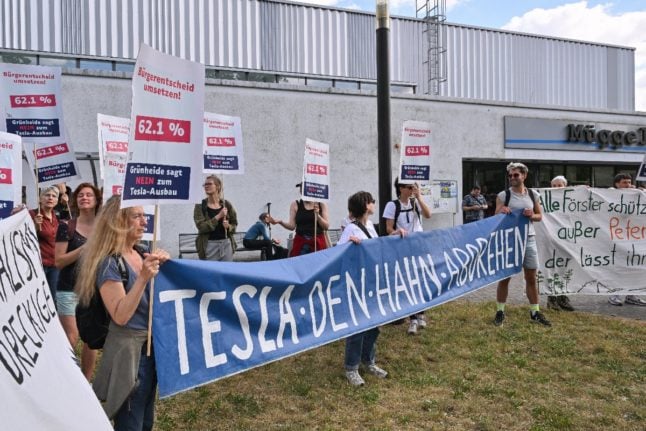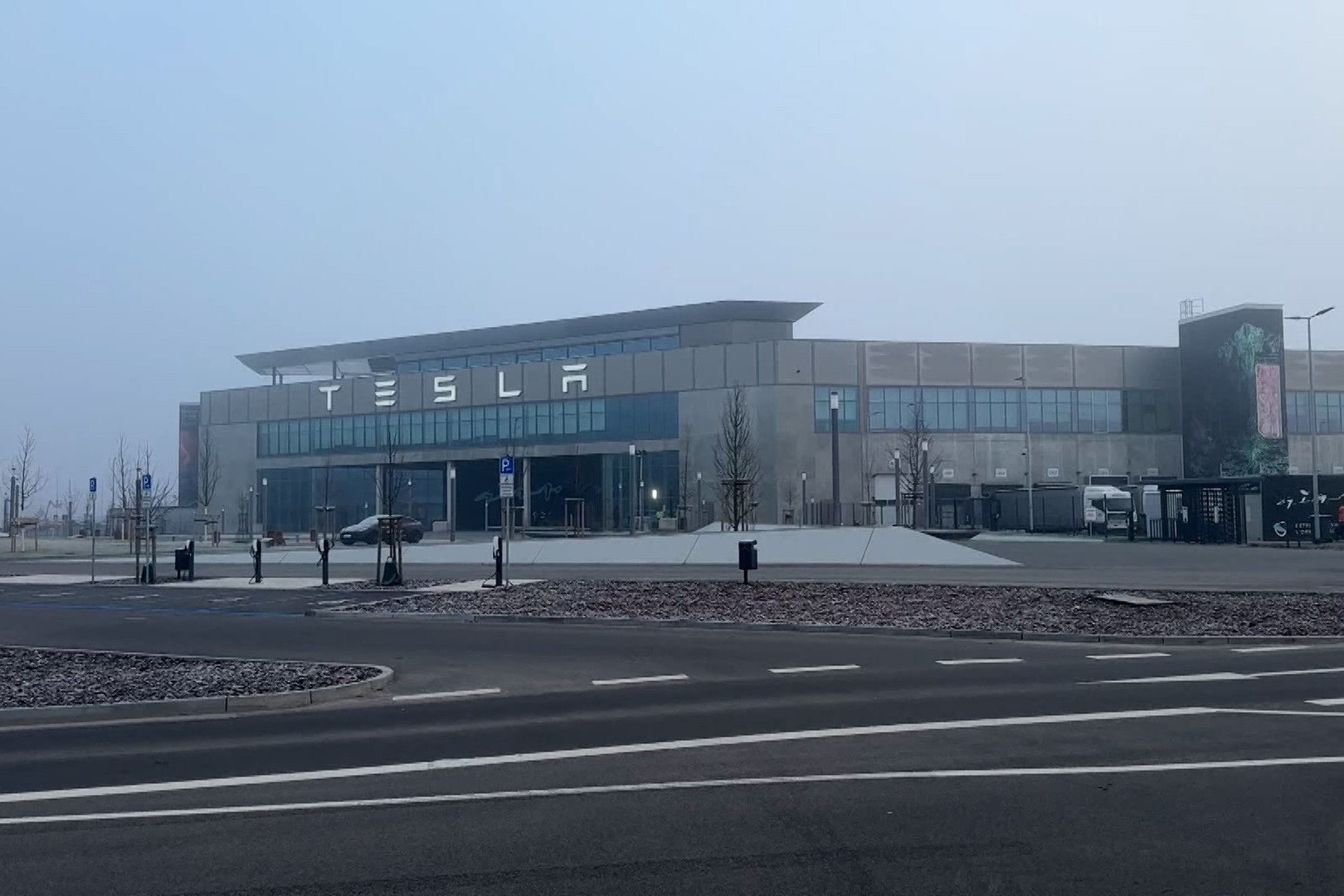Officials in Kleinmachnow, a small town on the outskirts of the German capital where the big cat was thought to have been spotted, called off the hunt for the animal on Friday.
The alarm had been raised early Thursday after two people said they had spotted what appeared to be a lioness, presenting authorities with a short, grainy mobile phone video. Two police officers later confirmed the sighting.
Dozens of police then scoured the area for 30 hours using thermal-imaging cameras and night-vision goggles without finding any trace of the animal.
Instead, officials concluded based on an analysis of the video by wildlife experts that the animal was more likely to have been a wild boar.
READ ALSO: How did a wild boar sighting in Berlin turn into a two-day lion hunt?
Now a preliminary test on hair collected at the scene of the sighting suggested “with a probability bordering on certainty” that the animal was not a lion, the mayor’s office said in a statement.
“The single hair found did not have any of the properties of cat hair”, the office said, noting that it was stiff and black at the base.
“Purely visually, there is a lot to indicate that it was the hair of a wild boar,” it said.
“The hypothesis that a lion roamed free in Kleinmachnow is therefore further weakened,” the mayor’s office said.
Officials could not however say “with absolute certainty” that the hair came from a boar until the analysis was completed.




 Please whitelist us to continue reading.
Please whitelist us to continue reading.
Member comments